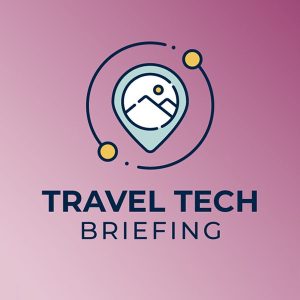Sabre: Takeaways From Its Annual Financial Report
Skift Take

Travel Tech Briefing
Editor’s Note: Exclusive reporting on technology’s impact on the travel industry, delivered every Thursday. The briefing will guide executives as they decide if their companies should “build, buy, or partner” to stay ahead.The inner workings of the travel industry are changing as different sectors look for less expensive means of doing business, and much of that change could have a negative impact on the longevity of Sabre and companies like it.
That issue and others were highlighted in the most recent 10-K annual report filed by Sabre. The Texas-based company provides operational software and distribution services to travel agencies, airlines, and hotels.
Below are several notable takeaways:
An Investment Loss
In May 2022, Sabre invested $80 million for 8 million shares of American Express GBT. By the end of 2022, Sabre continued to hold the shares while recognizing an unrealized investment loss of $26 million, according to the report.
Mastercard Investment Price Revealed
Mastercard said in November that it would make a minority investment in Conferma Pay, a fintech company that Sabre acquired earlier in August 2022 for $72.5 million. The size of the Mastercard investment was not disclosed at that time. Sabre finalized the sale of 19 percent of Conferma Pay for $16 million to a third party in Feb. 2023, according to the report, which Sabre confirmed was the Mastercard transaction.
Travel Buyers Shifting Business
A large portion of Sabre’s business relies on relationships with several large travel buyers, including travel management companies and online travel agencies. Buyers receive incentives for making bookings through Sabre’s global distribution system, and Sabre receives a fee from suppliers when a booking is ma

